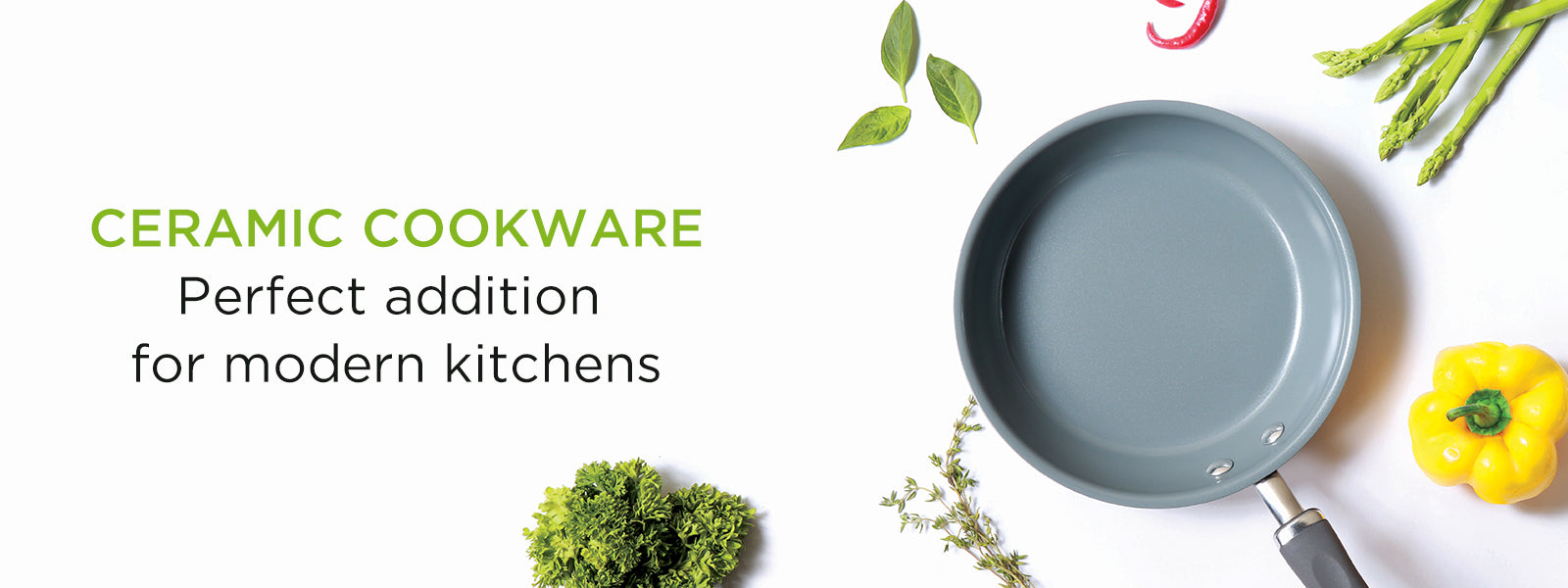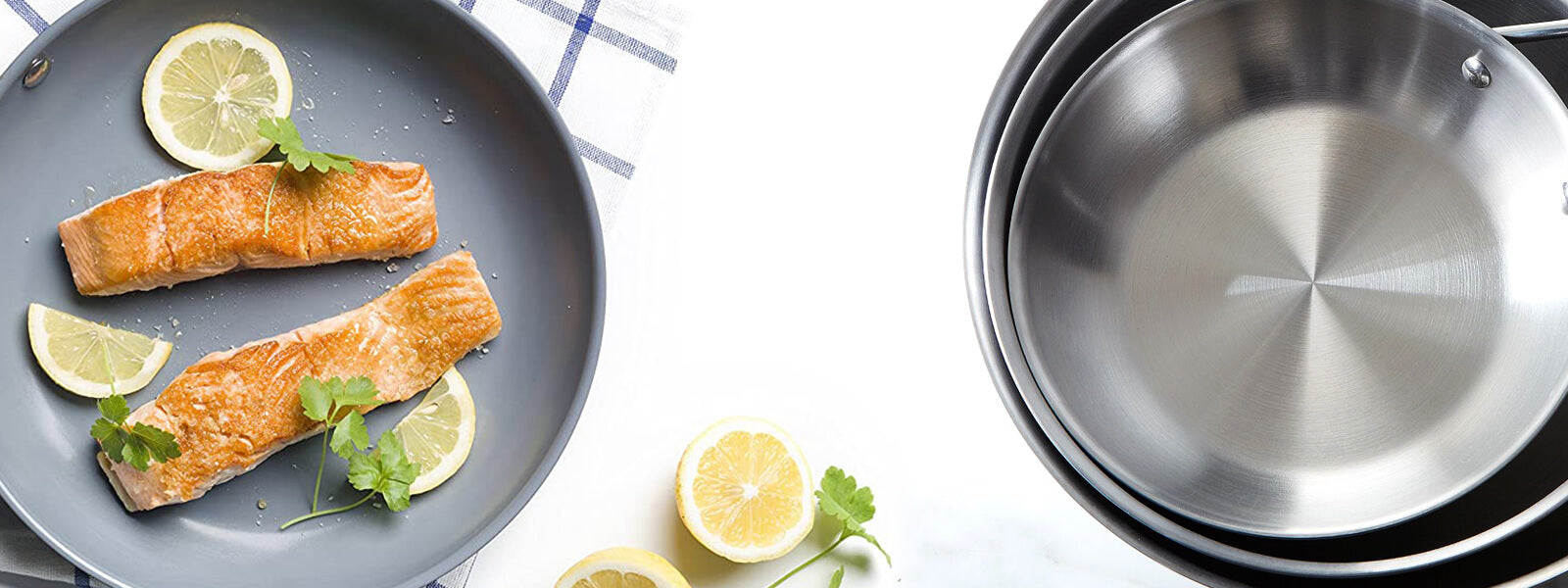Cranberries, often associated with Thanksgiving traditions, extend their impact beyond festive meals, offering notable benefits for gut wellness. Packed with antioxidants and anti-inflammatory compounds, cranberries contribute to a healthier digestive tract by neutralizing free radicals and reducing inflammation. Their prebiotic content promotes the growth of beneficial gut bacteria, fostering a balanced microbiome crucial for optimal digestive function. Additionally, cranberries are known for preventing urinary tract infections, indirectly supporting overall health. With a rich fiber content, these versatile berries aid in digestive regularity, while their vitamin C boost contributes to a robust immune system.
Table of Contents
What Are Cranberries?
Cranberries are small, round, and brightly colored fruits that grow on evergreen shrubs in wet, acidic boggy areas. Here are some features and characteristics of cranberries:
- Color and Appearance:
- Cranberries are typically red or dark red in color, showcasing a glossy and vibrant exterior.
- Taste:
- Fresh cranberries have a tart and tangy flavor, which is why they are often sweetened when used in various culinary applications.
- Nutritional Profile:
- Cranberries are low in calories and rich in essential nutrients, including vitamin C, fiber, and various antioxidants.
- They are known for their unique group of antioxidants called proanthocyanidins, which may have health-promoting properties.
- Growing Conditions:
- Cranberry plants thrive in acidic, sandy, and peat-rich soils, often found in wetlands or bogs.
- They are native to North America and are also cultivated in other regions with suitable growing conditions.
- Harvesting:
- Cranberries are typically harvested in the fall, from September to November.
- Harvesting methods include wet harvesting, where fields are flooded, and the floating berries are gathered, or dry harvesting, where mechanical pickers are used.
- Culinary Uses:
- Cranberries are commonly used in various culinary applications, including sauces, juices, jams, baked goods, and as toppings for salads and cereals.
- Dried cranberries are also popular as snacks and ingredients in salads, trail mixes, and desserts.
- Health Benefits:
- Cranberries are known for their potential health benefits, particularly in supporting urinary tract health, preventing urinary tract infections (UTIs), and providing antioxidant and anti-inflammatory effects.
- Commercial Products:
- Besides fresh and dried cranberries, commercial products include cranberry juice, cranberry sauce, and cranberry supplements.
- Seasonality:
- Fresh cranberries are typically available in the fall, but dried and processed forms are available year-round.
- Storage:
- Fresh cranberries can be stored in the refrigerator for several weeks, while dried cranberries have a longer shelf life.
Cranberries are not only a staple during Thanksgiving but also a versatile and nutritious ingredient that can be enjoyed in various ways throughout the year. Their unique taste and potential health benefits make them a popular addition to a balanced and diverse diet.
Cranberries for Gut Wellness:
Cranberries, often associated with Thanksgiving traditions, offer more than just a festive touch to meals. These vibrant berries provide various health benefits, particularly for gut wellness. Here's a closer look at the potential advantages:
- Rich in Antioxidants: Cranberries are loaded with antioxidants, including flavonoids and polyphenols. These compounds help neutralize free radicals in the body, supporting overall health and potentially contributing to gut health.
- Anti-Inflammatory Properties: The antioxidants in cranberries, coupled with their anti-inflammatory effects, may help reduce inflammation in the digestive tract. Chronic inflammation can negatively impact gut health, and incorporating anti-inflammatory foods like cranberries may offer support.
- Promotes a Healthy Microbiome: Cranberries contain prebiotics, which are compounds that promote the growth and activity of beneficial bacteria in the gut. A balanced and diverse microbiome is crucial for digestive health and overall well-being.
- Prevents and Alleviates UTIs: While not directly related to gut health, cranberries are well-known for their ability to prevent and alleviate urinary tract infections (UTIs). By preventing UTIs, cranberries indirectly contribute to overall health and well-being.
- May Help Prevent Stomach Ulcers: Some studies suggest that the compounds in cranberries may help inhibit the adhesion of Helicobacter pylori, a bacterium associated with stomach ulcers, to the stomach lining.
- Supports Digestive Regularity: The fiber content in cranberries, including both soluble and insoluble fiber, can contribute to digestive regularity. Adequate fiber intake is essential for a healthy digestive system.
- Vitamin C Boost: Cranberries are a good source of vitamin C, which plays a role in immune function and overall health. A healthy immune system indirectly supports gut health by helping the body defend against harmful pathogens.
- Versatile Culinary Uses: Beyond being consumed as cranberry sauce during Thanksgiving, cranberries can be incorporated into a variety of dishes, such as salads, smoothies, and oatmeal, providing a delicious way to support gut wellness.
How To Use Cranberries Into Your Diet:
Incorporating cranberries into your diet for gut wellness can be both enjoyable and beneficial. Here are some ways to use cranberries:
- Fresh Cranberries:
- Snacking: Enjoy fresh cranberries as a snack on their own for a burst of tart flavor.
- Smoothies: Add a handful of fresh cranberries to your morning smoothies for both flavor and nutritional benefits.
- Dried Cranberries:
- Trail Mix: Include dried cranberries in a trail mix with nuts and seeds for a satisfying and gut-friendly snack.
- Oatmeal or Yogurt Toppings: Sprinkle dried cranberries on your oatmeal or yogurt for added sweetness and texture.
- Cranberry Juice:
- Smoothie Base: Use unsweetened cranberry juice as a base for your smoothies, blending it with fruits and greens.
- Hydration: Dilute cranberry juice with water for a refreshing and hydrating drink.
- Cranberry Sauce:
- Condiment: Use homemade cranberry sauce as a condiment for meats or as a topping for desserts.
- Spread: Spread cranberry sauce on whole-grain toast or crackers for a delightful snack.
- Cranberry Supplements:
- Capsules or Tablets: Consider cranberry supplements, like capsules or tablets, under the guidance of a healthcare professional. These can offer concentrated benefits without added sugars.
- Cranberry Recipes:
- Salads: Add fresh or dried cranberries to salads for a pop of color and flavor.
- Baked Goods: Incorporate cranberries into muffins, bread, or other baked goods for a tasty treat.
- Cranberry Infused Water:
- Hydration Boost: Infuse water with fresh or frozen cranberries for a flavorful and antioxidant-rich beverage.
- Cranberry Smoothie Bowl:
- Breakfast Option: Create a nutritious smoothie bowl by blending cranberries with yogurt, fruits, and granola.











Leave a comment